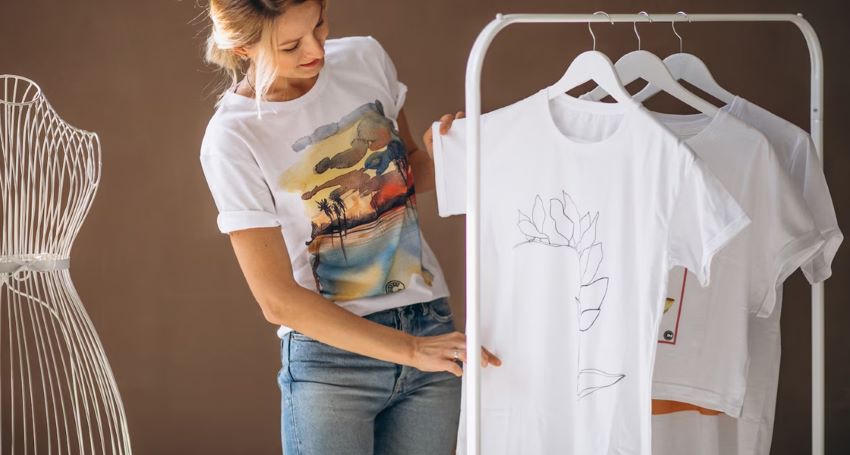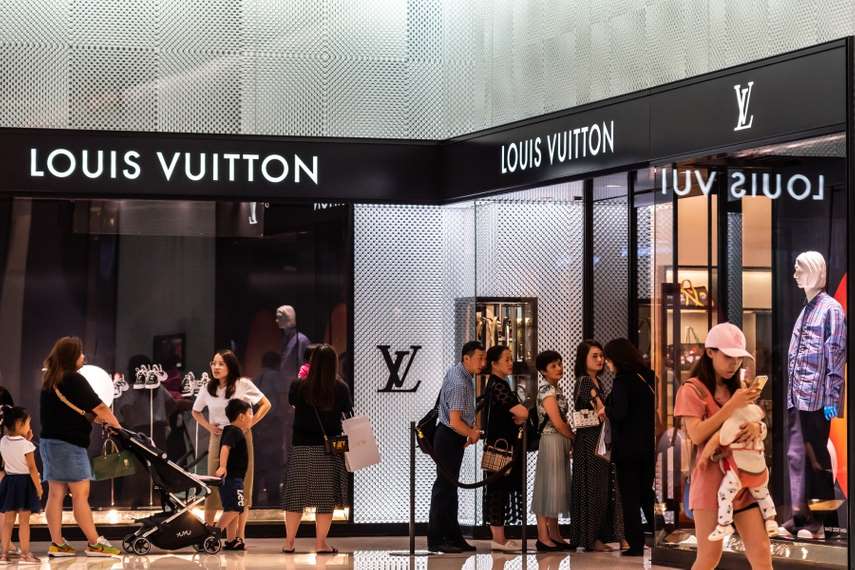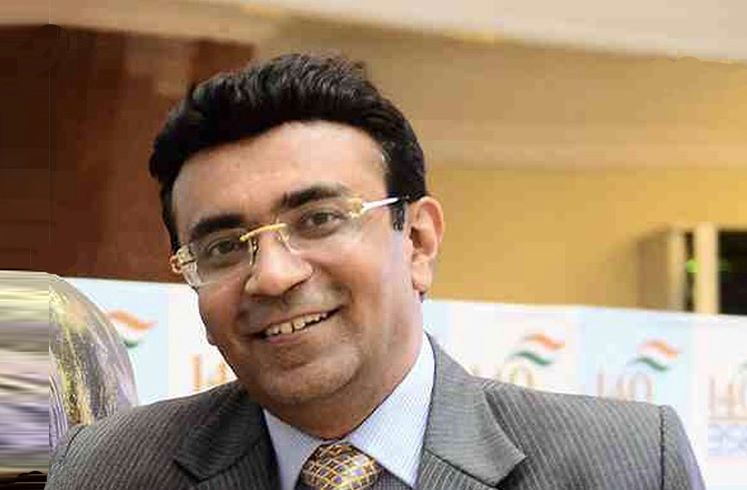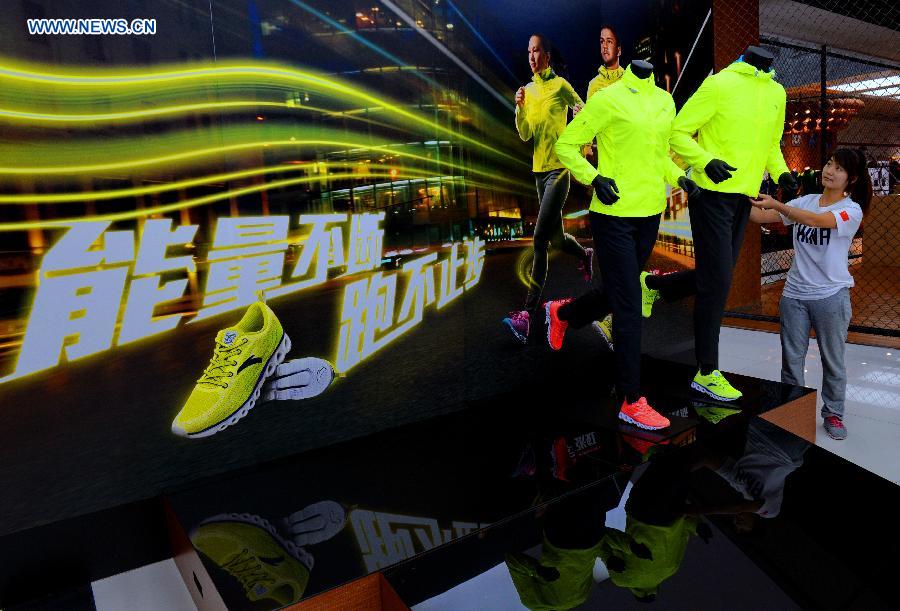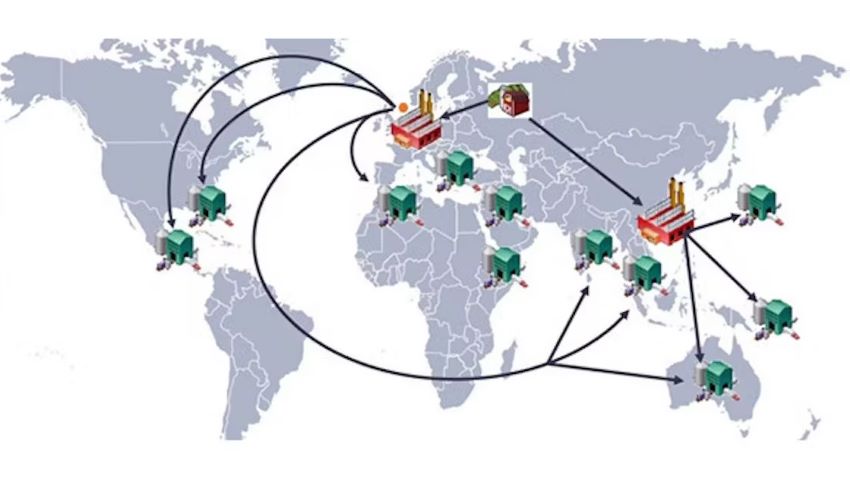"Oman is gearing up to give a strong boost to its textile industry with a slew of projects. One such project is a greenfield textile industry at Sohar Freezone in the Sultanate replicating the success formula of India, Germany, China and Italy. The foundation was laid by India’s ShriVallabh Pittie Group (SVP), a global leader in the manufacturer of cotton yarn — the raw material for textiles. The Group’s Oman subsidiary, SV Pittie Sohar Textiles FZC LLC, is preparing to launch work on its $300 million cotton yarn project on a 27-hectare site at the free zone adjoining the Port of Sohar. "
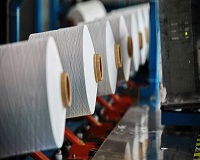
Oman is gearing up to give a strong boost to its textile industry with a slew of projects. One such project is a greenfield textile industry at Sohar Freezone in the Sultanate replicating the success formula of India, Germany, China and Italy. The foundation was laid by India’s ShriVallabh Pittie Group (SVP), a global leader in the manufacturer of cotton yarn — the raw material for textiles. The Group’s Oman subsidiary, SV Pittie Sohar Textiles FZC LLC, is preparing to launch work on its $300 million cotton yarn project on a 27-hectare site at the free zone adjoining the Port of Sohar. Vinod Pittie, chairman, ShriVallabh Pittie Group, elaborated that the SVP Group is investing in the fundamental building block of what will inevitably evolve into a major textile hub in Sohar Freezone. With a cotton yarn plant in place, the potential for upstream, downstream, forward and backward integration is huge, and so is the opportunity for employment generation. Entire cities have sprung up in India, China, UK and the US, among other countries, on the back of textile industries.
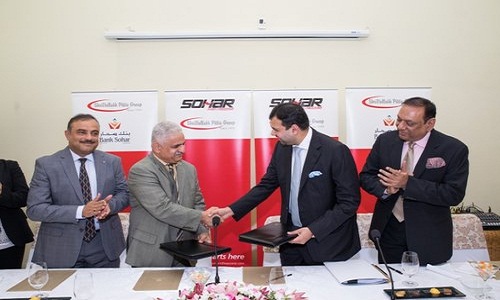
The Group operates a complex of state-of-the-art plants in Gujarat, as well as a trio of traditional spinning mills in the Southern India. Total capacity is projected to double with the installation of 300,000 spindles and 7000 rotors at its upcoming facility in Oman. The upcoming project is the Group’s first-ever investment outside India. This is probably the first project of its kind in the world to be set up in a location that neither offers the basic raw material nor is a destination for the end product. Usually, it is either one or both criteria that are a prerequisite. The decision has been taken on the back of logistical advantages that it offers as well as an appeal investment expanse. Additionally, Sohar Freezone has well-developed infrastructure and is located not far from Dubai as well.
Sourcing advantages
Technology-wise, the Sohar project is set to be high-tech. The company has just completed one of the world’s most modern compact yarn projects in India, but this new project in Sohar will be the world’s most modern automated plant. Full automation will contribute to the production of a finer count of yarn and cost savings in the form of reduced energy consumption and lower manpower requirements. Machinery and equipment will be primarily procured from Germany. Raw cotton as raw material for the project will be sourced from the United States, Australia and India depending upon the grades of yarn required to be produced and the targeted markets internationally.
Slated advantages
The upcoming spinning project augurs well for the entire value chain of the textile industry, be it weaving, garment-making, etc. According to Pittie, it won’t be surprising to see that in three to five years, investments of around $1 billion will materialise in the textile cluster at Sohar. Imports and exports linked to the project will generate in excess of 5,000 containers in annual traffic through the Container Terminal.
The global market for textile fibres is projected to reach around 124 million tons by 2022, driven by the development and launch of innovative blends of textile fibres and yarns, expanding applications and burgeoning demand in emerging countries. In value terms, this translates to $156 billion in 2022, up from $126 billion presently.

